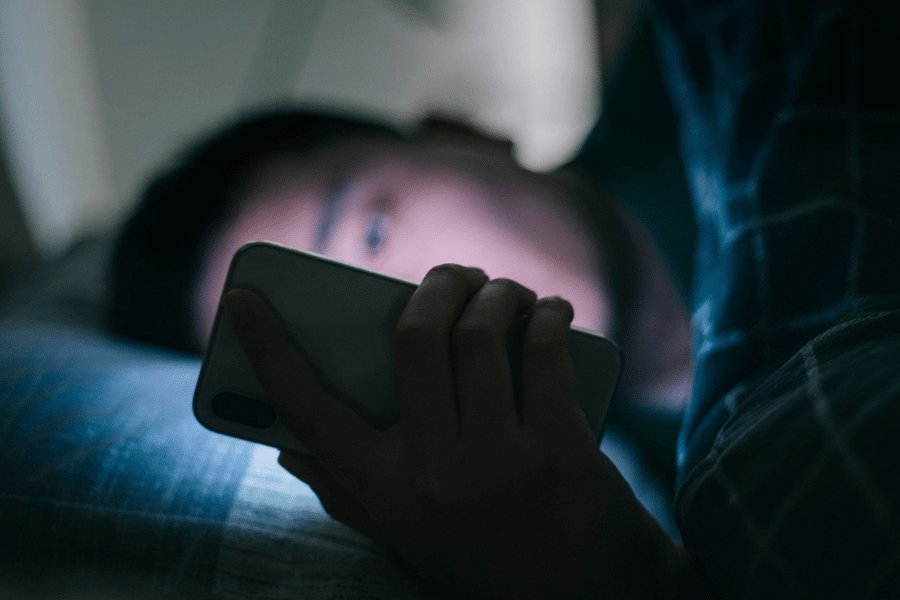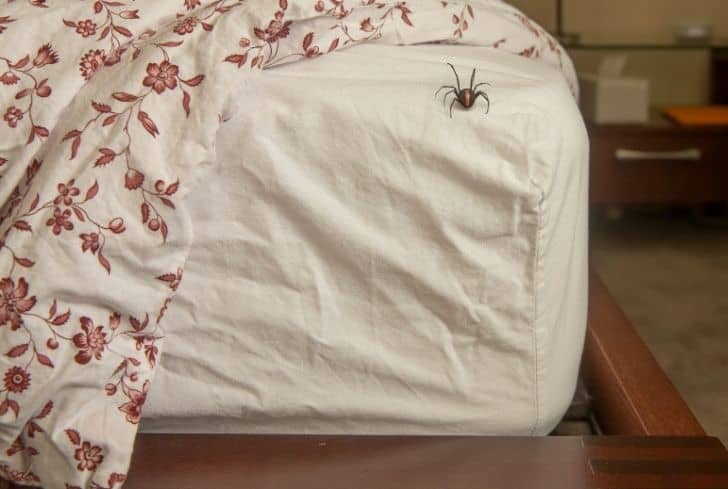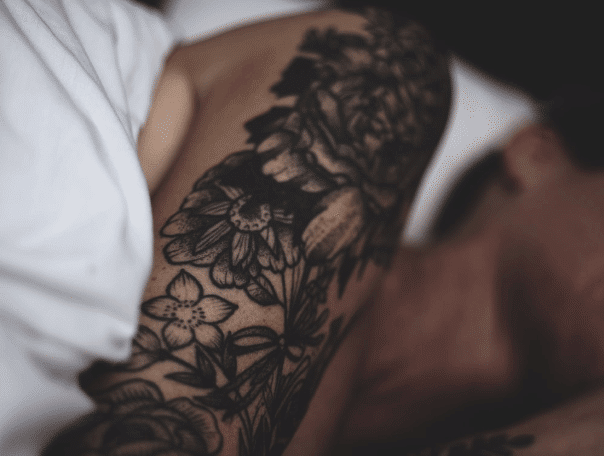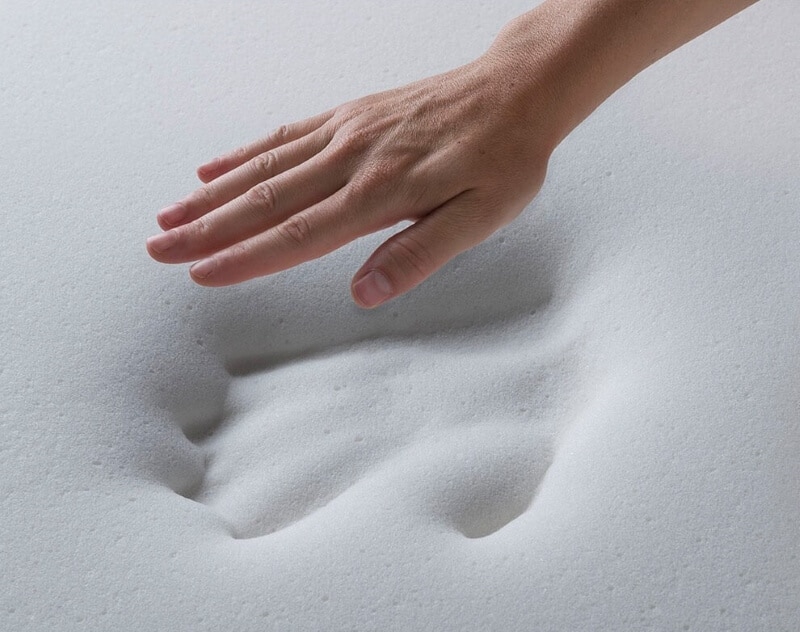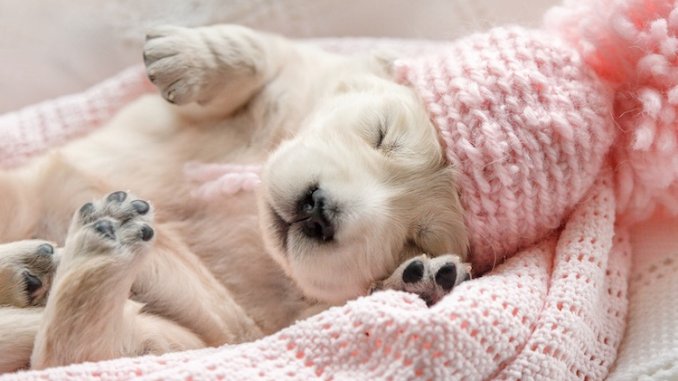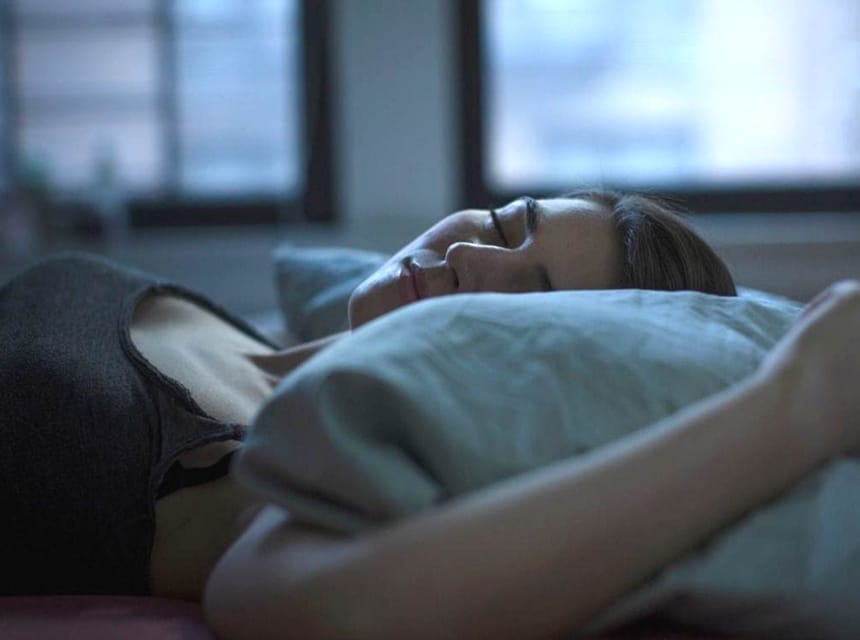

Do you sneeze in your sleep? Well, you might feel like you do, but the current consensus among scientists is that it is actually very difficult to sneeze in your sleep, and while you may sneeze during lighter cycles of sleep you definitely won’t if you have fallen into a deep sleep.
In this guide, we’re delving into more detail about sleep and sneezing, whether it is possible to sneeze while you’re in a state of sleep? If you suffer from allergies, you might be convinced that sneezing while sleeping is disrupting your rest, so let’s get to the facts about your night time sneezes.
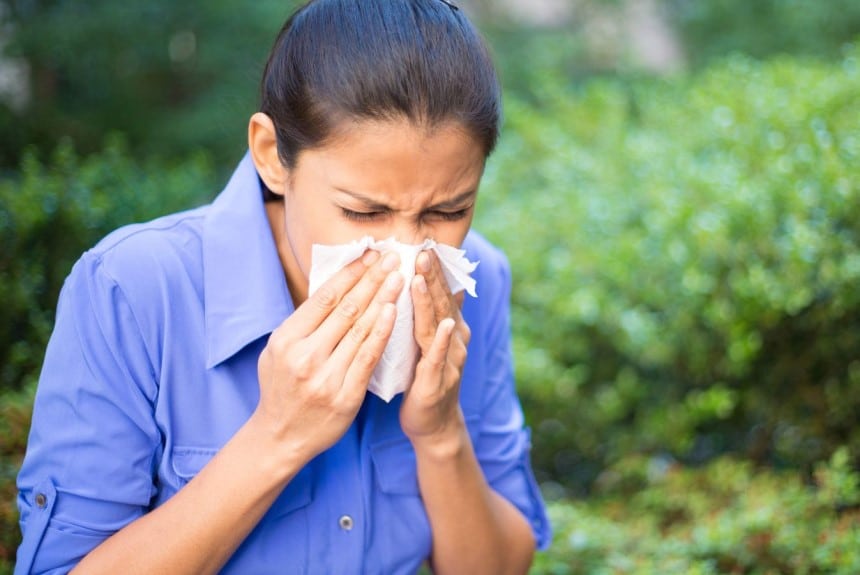
There are three different explanations of why we sneeze:
Of course, you’ll also associate a sneeze with having a cold or flu virus. The description of why this will happen is best explained by Healthline.com Trusted Source Common Cold Symptoms: Sneezing, Fever, Aches and More Common cold symptoms appear about one to three days after the body becomes infected. The short period before symptoms appear is called the “incubation” period. www.healthline.com :
“When a cold virus infects nasal cells, the body releases its own natural inflammatory mediators, such as histamine. When released, inflammatory mediators cause the blood vessels to dilate and leak, and the mucus glands secrete fluid. This leads to the irritation that causes sneezing.”
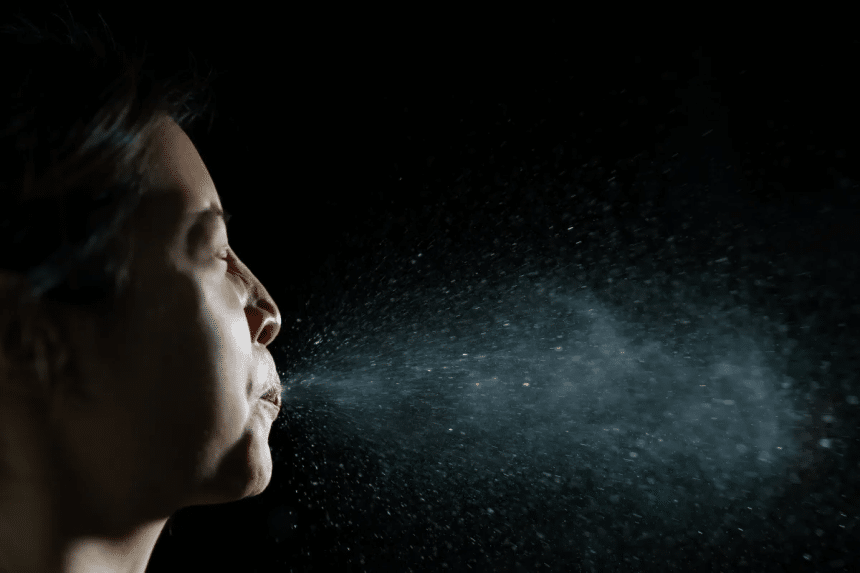
When you get the reflex to sneeze from your nerves, a signal is sent to your brain. There is even a part of your brain that is colloquially referred to as the “ sneeze center Trusted Source Localization of the “sneeze center” | Neurology The existence of distinct sneeze-evoking centers in the brainstem has been demonstrated in cats, represented bilaterally along the ventromedial spinal trigeminal nuclei and in the adjacent pontomedullary lateral reticular formation. n.neurology.org ” which then sends the signal to different parts of the body. The chest, diaphragm, and even vocal cords are involved. All of these join together to make one big expulsion of particles. It’s designed to get rid of any irritants and clear out your system.
If you try to keep your eyes open you will find this very difficult. There is a myth about this, that your eyes will become damaged if you sneeze and keep your eyes open. This isn’t true, but the body does make it really tough to keep your eyes open while you sneeze. It’s not something to worry about, either way.
People sneeze in all kinds of different ways, and it is normal to sneeze multiple times in a row as the body tries to expel as much out of your system as it can, such as irritants that have entered your nose. There are also some people who are particularly loud sneezers, this is usually because of the fact that they have a big lung capacity.
Some people find that some of the materials in pillows and blankets can be a trigger for sneezing. Finding hypoallergenic pillows and sheets to help.
Whether you can sneeze or not while you are sleeping depends on the stages of sleep. There is a consensus among scientists that it is not possible to sneeze while you are in any sort of a deep sleep. There are numerous sleep cycles that the body goes through, and the brain suppresses the urge to sleep as you advance to deeper sleep.
When the body gets close to REM sleep (where dreaming happens) you experience a phenomenon when the eyes move around very quickly under their lids. At this time, the brain also becomes less responsive to things that are happening around us and prevent us from moving around too much as a part of the dream. If you are playing tennis in your dream, you probably won’t start swinging your arms around in your sleep. A similar thing happens with dreaming.
So, during the earlier stages of sleep, and the part of sleep where the body is not yet totally switched off, it is definitely possible to sneeze, and it is definitely likely that your sleep will be disturbed if you are the type of person who sneezes a lot, or if you currently have a cold.
So, in fact, it is possible to sneeze while sleeping, but not if you have entered into the most relaxed and restorative forms of sleep.
If you are the sort of person who suffers from allergies then there are many things that you can do to try and prevent yourself from sneezing while you are trying to sleep. We all know how hard it can be to actually get to sleep while you’re in this sort of state.
As well as the right mattress and the right bedding, you can also try other things in the room to prevent your sleep from being disturbed. A lot of peoples’ sneeze reflex is triggered by particles in the air which can be removed by an air purifier.
Sneezing can definitely prevent you from getting to sleep, and this can be a big issue. If you don’t get the proper deep, restorative sleep you need then it is possible that you gradually become more and more tired during the daytime.
If you sneeze in a dream, it is not likely that this is triggered by actually sneezing while you sleep. You may dream about sneezing, but this is not likely to be triggered by anything happening in real life. Plus, it’s a pretty boring dream.
The best methods to stop sneezing at night are to work out what is actually causing the sneezing and to act on it. A lot of people will be sneezing due to allergies, so working out what is triggering this sneezing fit and then making some changes can help. For instance, you might have to take the pet’s bed out of your room because they are triggering your allergies. You may even need to get hypoallergenic sheets.
The final thoughts on sneezing in your sleep…can you sneeze in your sleep? Only if you’re yet to fall into a proper deep sleep where your body and mind are experiencing restorative sleep or REM sleep.
If you find that sneezing keeps you from getting to sleep then it is definitely possible that you can make some steps to avoid this, such as adding a purifier or the correct type of bedding, and stopping allergens that can be caused by your pets staying in the same room as you.
Once you’ve fallen into deep sleep then you won’t have to worry about sneezing in your sleep. It’s not really possible for most people. However, before you manage this deep sleep, it is possible that you have to deal with the annoyance of sneezing through the night.
